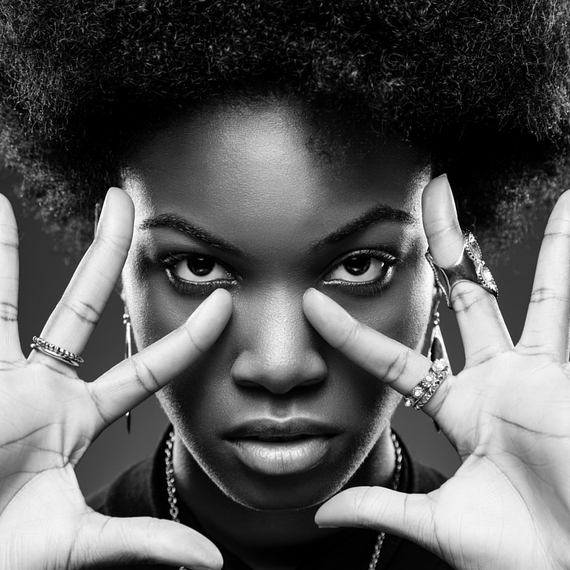
Lyrics from Beyoncé's latest album Lemonade -- together with a certain presidential candidate's running commentary on women's looks -- offer a fresh opportunity to revisit and reflect on our bad habit of weighing, measuring, and ultimately dividing women.
Leaving aside presidential politics -- truly a bigger can of worms than I want to take on at the moment -- consider these five powerful words from the Lemonade track "Sorry" that started a spirited and sometimes contentious conversation:
"Becky with the good hair"
There were speculations, rumors, and arguments about who 'Becky' was:
- Was she a real, live, in-the-flesh woman?
- Was she White women?
- Or was she simply the archetype of the other woman?
The relationship between black women and hair has historically been a deep source of pain, shame, and internalized racism. And the volume of products on the market for black hair attests to the internal struggle. 'Becky with the good hair' as the other woman makes her synonymous with betrayal -- going straight to the heart of the pain. But not just for black women.
Most women -- no matter their race, color, ethnicity, culture, subculture, orientation, size, education, or social status -- have their own, personal, 'Becky.' Becky can be female or male, and she can haunt you as easily from behind a computer screen your partner was glued to, as she can when she's a live affair partner.
Becky is the one you think is better than you -- however you define 'better'. Better may be about hair (color, length, texture), breast size, skin shade, age, or build. She's the one you think has that mysterious something you believe would change everything if you could have it for yourself .
Depending on who you are -- or who your partner was with if she/he betrayed you -- Becky can be Asian, Latina, Black, Caucasian, or East Indian. She can be anyone, really.
Having worked with dozens of women over the years whose world has been shattered by infidelity and betrayal, there is hardly one who doesn't want to know exactly who the other woman is -- what she looks like, and everything about her.
Women ask:
- Why did he marry me if what he really wanted was someone like her/him?
- How could he want me if he was with her?
- What does she have that I don't?
These questions remind me of one of my favorite scenes from The Color Purple when Shug and Celie discover Albert's stash of soft-porn photos in a hidden compartment underneath the floorboards. Looking at one of the photos Shug says:
"This 'un don't look nothin' like me. Damn him."
It's inconceivable to Shug that Albert would be attracted to someone who didn't look like her. Here's a woman with no esteem problems.
Take a page from Shug's playbook.
The invisible -- yet haunting --presence of Becky in women's psyches is what drives them (us) to resort to things like pretending to be who we're not for the sake of getting a man (or approval), begging for attention, engaging in digital (or old school) detective work, and in extreme cases embarking on a kind of surgical self-improvement pilgrimage in hopes of reaching the holy grail of physical perfection.
The problem -- or rather the most liberating Truth of all -- is that there's no universal standard for female beauty. And even when you think you've got it nailed because your particular set of physical assets lines up with the then-current definition of "hot," the next decade will declare the look over and done.
Let's all agree to give up. And I mean that in the most freeing and empowering way.
Don't spend your precious energy measuring and weighing yourself against a standard that doesn't care about heart, integrity, or soul. When you fall prey to taking on the one-dimensional soulless gaze that divides you -- and all women -- into a collection of body parts, you are actively participating in your own objectification. Some women do participate -- and I respect their right to. I just think it's a tragic loss -- for her and all women.
You have this one body in this lifetime. You can dress it, exercise it, primp it, feed it, slice and dice it to suit your ideal -- whatever brings you joy. But please remember that your body -- as unique and wonderful as it is -- doesn't determine your worth and value.
Your hair is the good hair.
Your body is the good body.
You're good enough.
You're enough.
Now.
Vicki Tidwell Palmer, LCSW, CSAT, SEP is the author of Moving Beyond Betrayal: The 5-Step Boundary Solution for Partners of Sex Addicts. For more information, please visit her website.

